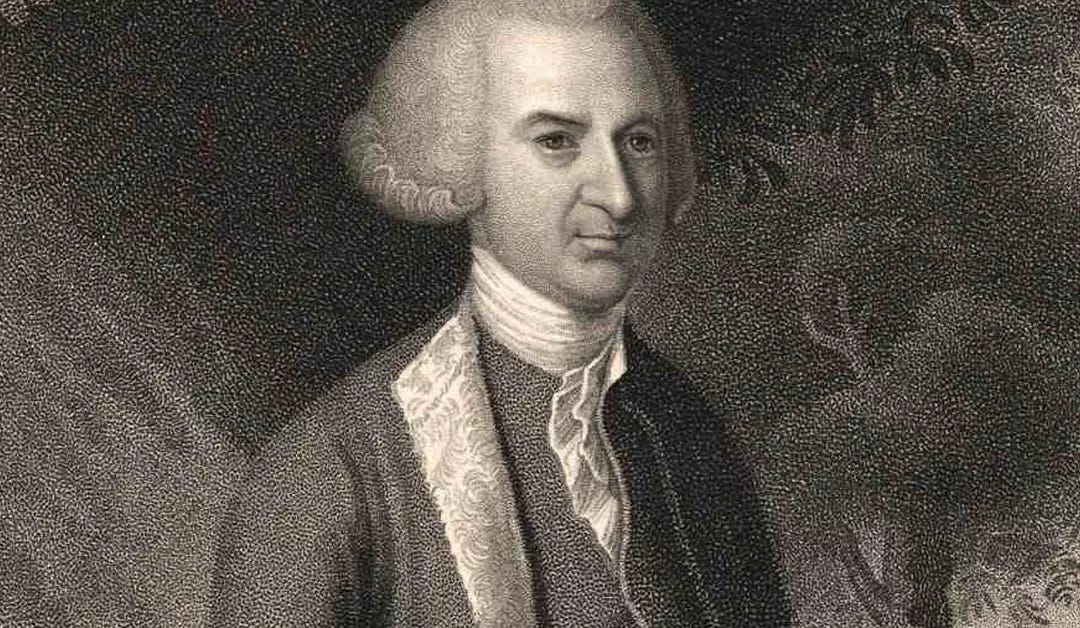Happy John Dickinson Day!
It is day twenty-six of Heritage History Month and we will focus on a lesser known Founding Father who had a peculiar take on the entire enterprise of separation from Britain, and who dealt uneasily with the developing institutions and documents of the United States’ early years.
Dickinson was a participant in the politics of both Delaware and Pennsylvania, though he was raised in Delaware, he would become President first of Delaware, and then of Pennsylvania, back to back. One of the wealthiest landowners in the American colonies, Dickinson had also acquired a deep understanding of history and theory largely of his own initiative and lifelong study. It was this knowledge of history and the Western tradition that would leave him in turmoil over the meaning and consequences of Revolution against Britain.
Dickinson had a lifelong concern with the preservation of the inherited and established liberties of Americans as heirs of British tradition over against the innovative and abstract rights of the radicals, both in America and in France. Dickinson was concerned that a clean separation from Britain would eventually give way to an integrated spirit of constant revolution that, while beginning with separation from the King, would end in separation from the British way of life. The inherited liberties cherished by these Americans may disappear on the suicide path toward abstract liberties.
Dickinson therefore sought to engage in political relations with Britain that would allow many of the American concerns to be met, without complete independence. The problem with independence, for Dickinson, was one of real politik: there were radical agitators in the American midst that would take the reins of complete independence and continue for a long push against tradition and organic hierarchy.
His frustration at the King was that his actions and behavior was fueling radicalism in the American political culture. His great fear was that a revolution would produce an internal transformation toward democratic ends, culminating in mob rule. Dickinson therefore shied away from signing the Declaration of Independence and left his Congressional post to become a brigadier general in the Pennsylvania militia so that he would not be present at the moment of its adoption.
However, once that move had been made and America was politically independent, Dickinson would not retire and dream of lost causes; he would instead be an active participant in addressing the real world problems of his countrymen and the political order that needed to be worked out. He loved his American experience, as rendered to him through his ancestry and rootedness in the North part of the Union. He was dedicated to leaving his world better than when he had entered it.
Dickinson had an uneasy relationship with both sides of the Federalist/Anti-Federalist debate. On the one hand, he had more aristocratic and traditionalist impulses that made him cynical about some of the radical objectives of the anti-federalists. But on the other hand, he agreed with the anti-federalists that there were aspects of the Federalist mentality that would construct an artificial political order, with an artificial aristocracy placed into power by fiat and administrative connections. This is a quite typical fear of an established landowner.
It is for these reasons that Mel Bradford would refer to Dickinson as “the American Burke,” who was “the faithful steward of the old regime.” Bradford’s description of Dickinson serve as a great summary:
“He had a devotion to an American variant of English constitutionalism, rooted in Saxon antiquity and enthroned as sovereign in 1688. Neither wealth nor enlightenment was, in his view, a primary reason for strengthening the Union. Instead, the reasons were the preservation of an inherited way of life and the liberty needed to practice it.”




